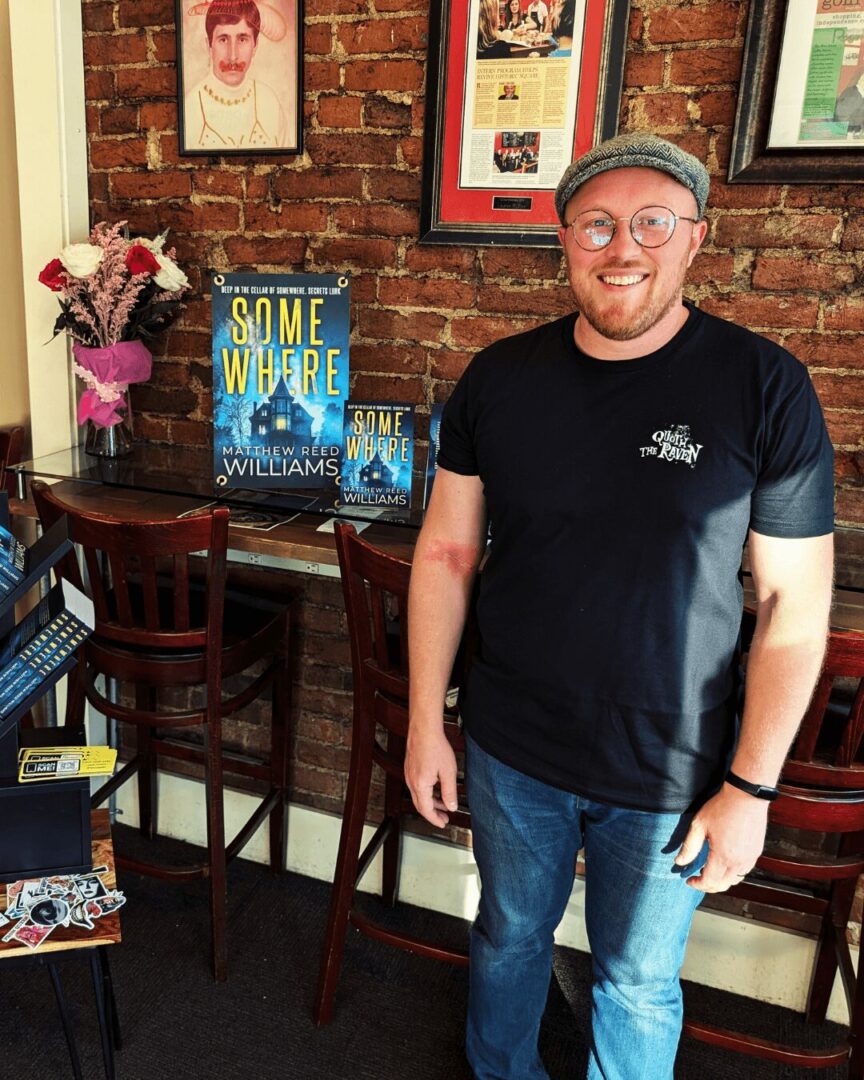We recently connected with Matthew Reed Williams and have shared our conversation below.
Matthew Reed, first a big thank you for taking the time to share your thoughts and insights with us today. I’m sure many of our readers will benefit from your wisdom, and one of the areas where we think your insight might be most helpful is related to imposter syndrome. Imposter syndrome is holding so many people back from reaching their true and highest potential and so we’d love to hear about your journey and how you overcame imposter syndrome.
I like this question because it doesn’t ask when I stopped experiencing imposter syndrome or moved past it. The truth is, I carry it wherever I go. But yes, I think I have mostly been able to overcome imposter syndrome because of the rich community of indie authors. The more you spend time with other authors, the more you realize how normal everyone is and how they are very similar to yourself. There can be a lot of “gatekeeping” in the publishing world, but once you realize that there is a massive population–maybe even a majority–of misfit writers who are content to pass through misfit gates, you understand that there really is room for everyone at the table. We gather with varying degrees of talent, formal training, experience, and time to give; but we are all storytellers nonetheless, and we look out for each other.
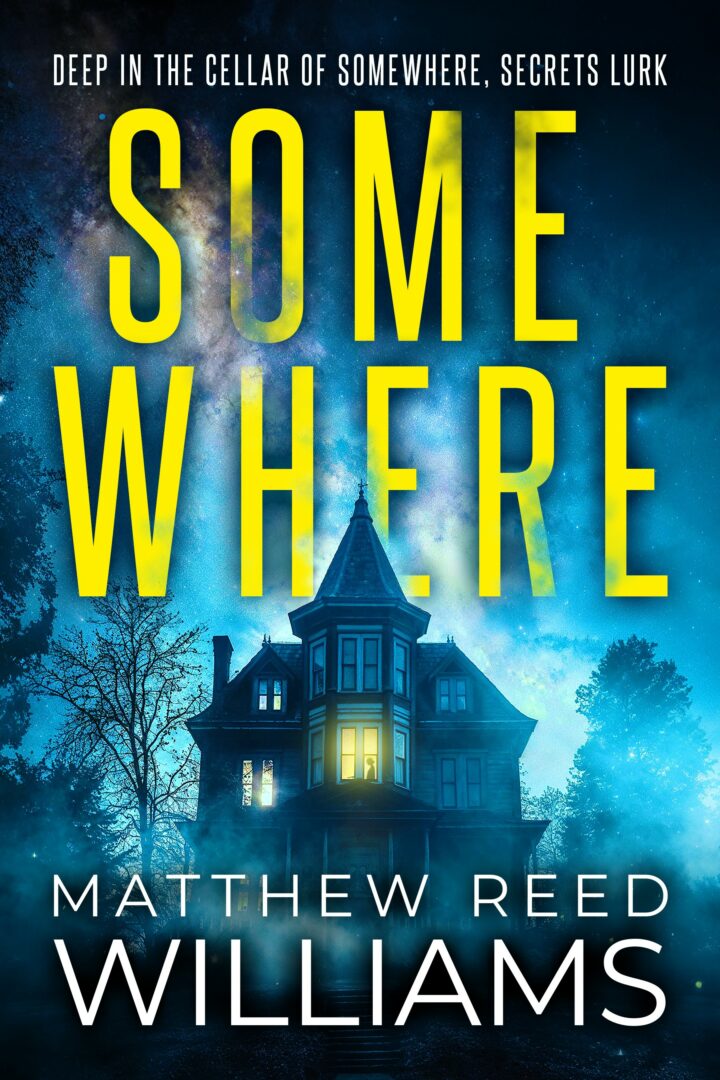
Great, so let’s take a few minutes and cover your story. What should folks know about you and what you do?
I am a writer, and my debut novel Somewhere’ was released in October 2024. ‘Somewhere’ is a supernatural thriller set in a fictional Missouri town. I use my writing to explore spiritual themes, often of a dark nature, probably as a way to reflect on my own religious upbringing and background. So I like to experiment with writing that borders on magical realism, the gothic, paranormal, and more. ‘Somewhere’ also offers social commentary, probing the ambiguities between warm, Midwest tradition and the more sinister aspects of things like historical oppression.
I am also an avid reader, though, and I journey across a vast spectrum of genres: literary fiction, classic literature, sci-fi, creative nonfiction, and, of course, horror. As a high school English teacher, I guess this is to be expected, but I mention this because I imagine that future novels could manifest themselves in several different ways. Regardless, I anticipate they’ll all take on some flavor of dark, spiritual, and Midwest.
As a Kansas City-area author, I have several book fairs lined up for this year and more in the works. And, of course, I am hard at work on another writing project.
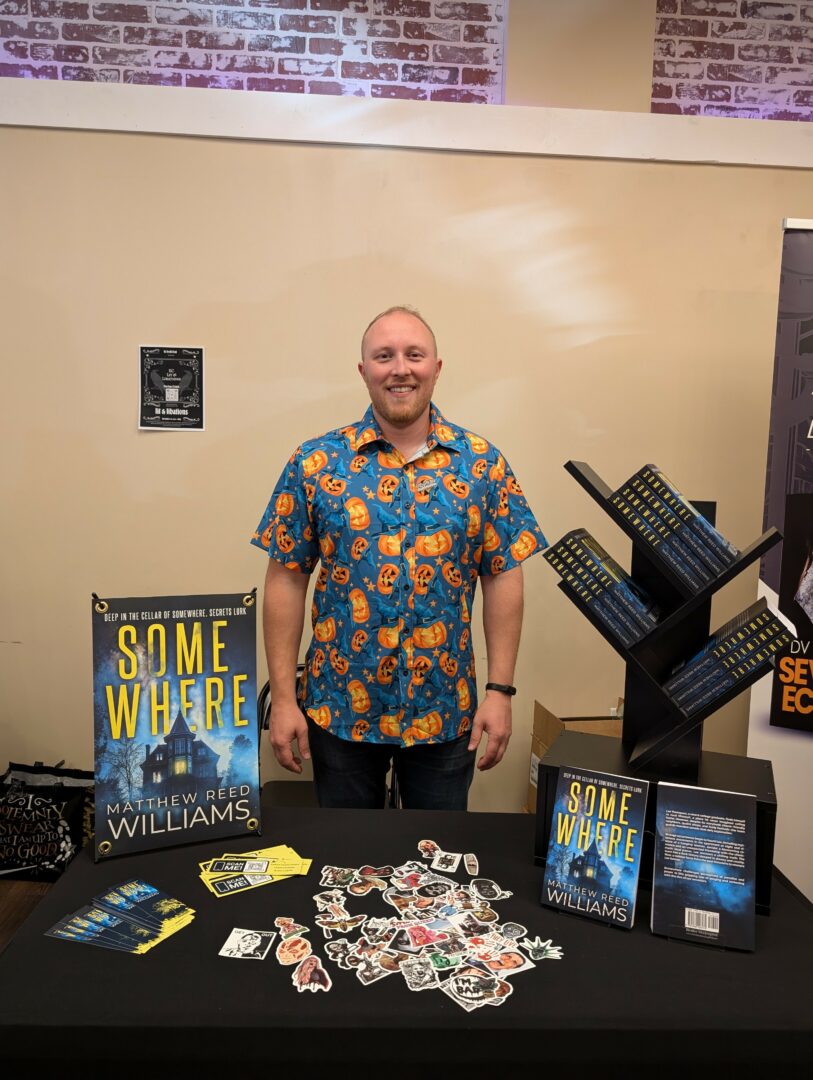
Looking back, what do you think were the three qualities, skills, or areas of knowledge that were most impactful in your journey? What advice do you have for folks who are early in their journey in terms of how they can best develop or improve on these?
Here are some thoughts for other writers, though I am still early in my own writing journey:
First, read widely. Of course, read deeply in the genre that you want to write in, but also read widely. Develop an insatiable appetite for knowledge across a vast spectrum of disciplines. It will make you a better writer and, more importantly, a better human. It shouldn’t have to be said, but you can’t be a good writer without being a good reader. If you haven’t first sat at the feet of other great writers, you’re not ready.
Second, be vigilant. Don’t stop life to write. Rather, write while you go. Take adventures. Travel. Talk to strangers. Observe. Observe. Observe. Put the phone down. That’s a difficult one for me. In this digital age, I, too, have become a victim of the brain drain of reels and TikTok videos. There is absolutely nothing wrong with entertainment, but we have to be self-aware enough to recognize when it’s becoming too much, and we stop being present in the world.
Third, persevere. You will have a million setbacks, interruptions, failures, and rejections. You don’t start out as the best version of yourself. You become the best version of yourself over time and by trial and error. Give yourself grace. Keep going.
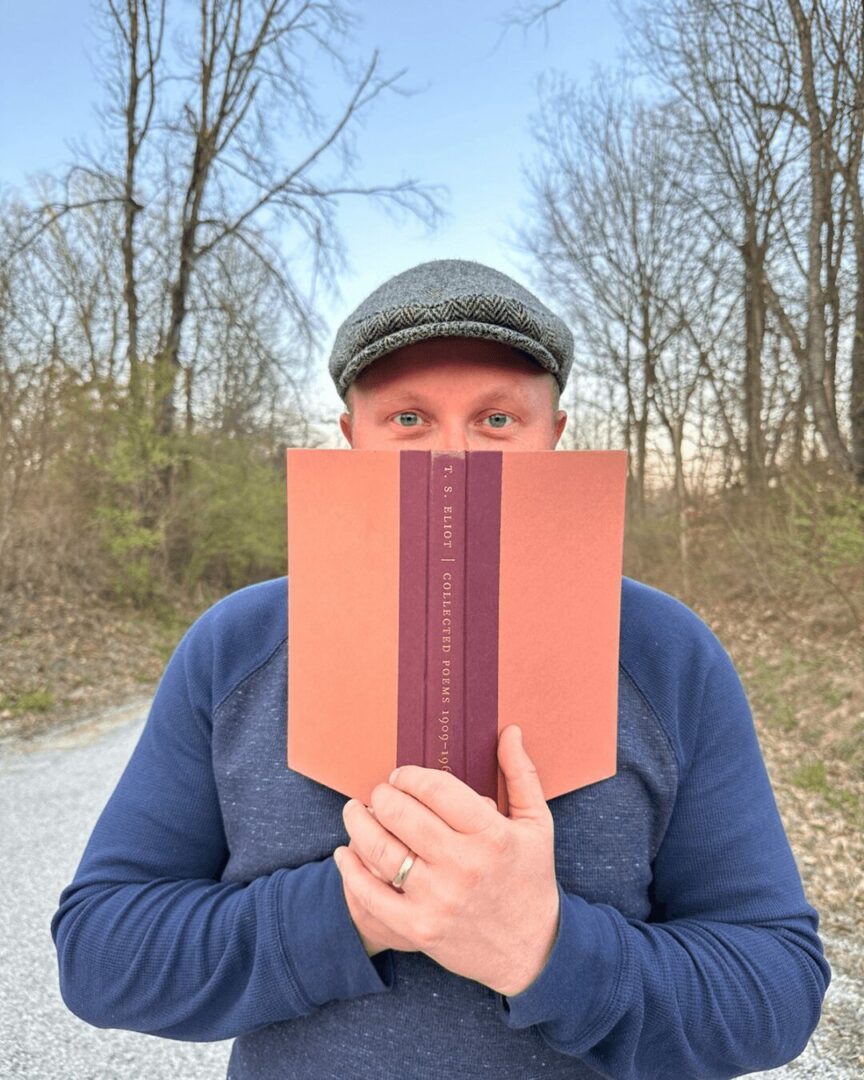
What do you do when you feel overwhelmed? Any advice or strategies?
When I feel overwhelmed, I find ways to unplug. I’m married and have two young kids, so I don’t go AWOL or anything, but de-stressing for me involves actively removing myself from my immediate situation for some time. For me, this often looks like being alone with a cigar and coffee or, depending on the time of day, whiskey. Just time to reflect. I also like to get outdoors, to go for walks in our network of trails. Listen to music. I have a mellow and reflective playlist called “A Pipe and Thoughts.” Apropos. Also, I tend to lean much more into poetry during seasons of high anxiety. Sometimes, I pray. It’s usually just a mishapen mantra of “help” and a jumble of expletives. Typically, I do a combination of several of these things. Sometimes none of them. You have to figure out what works best for you. Like anything else, self-care can be abused, but at it’s core, self-care is one of the most selfless things you can do because it’s an act of admitting that you’re not perfect, that you don’t have all of your sh*t together, so you better go off and work on that for a bit so that you can come back and be better for your people and for your art. Lastly, if you find that being overwhelmed is an increasingly frequent reality for you, it might be time to start better identifying the root causes. You might need to start saying no to some toxic things or toxic people or toxic environments. And you might need to consider seeing a professional to help you in that journey. Mental health matters.
Contact Info:
- Website: https://matthewreedwilliams.com
- Instagram: @matthewreedwilliams
- Facebook: @matthewreedwilliams
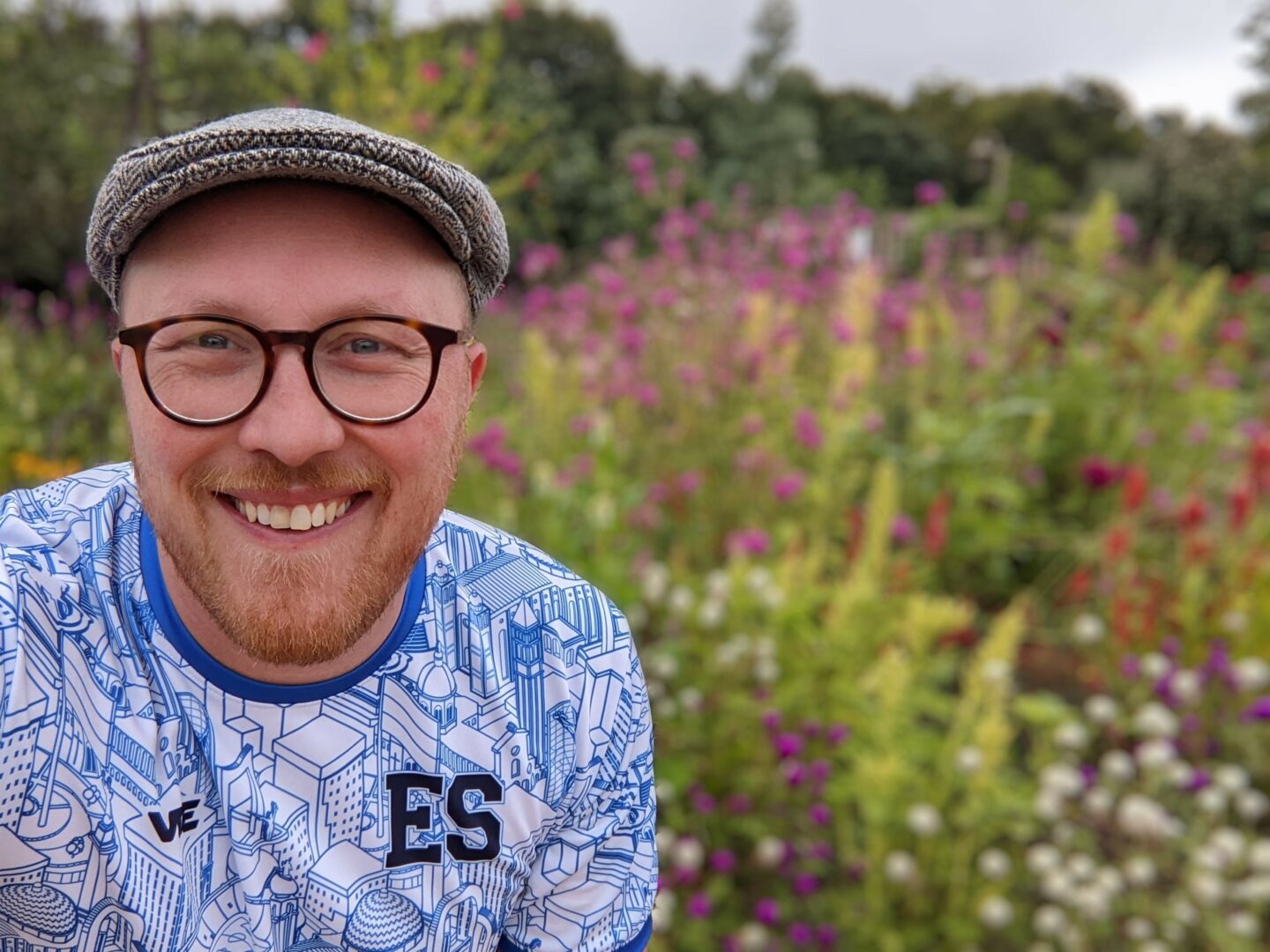
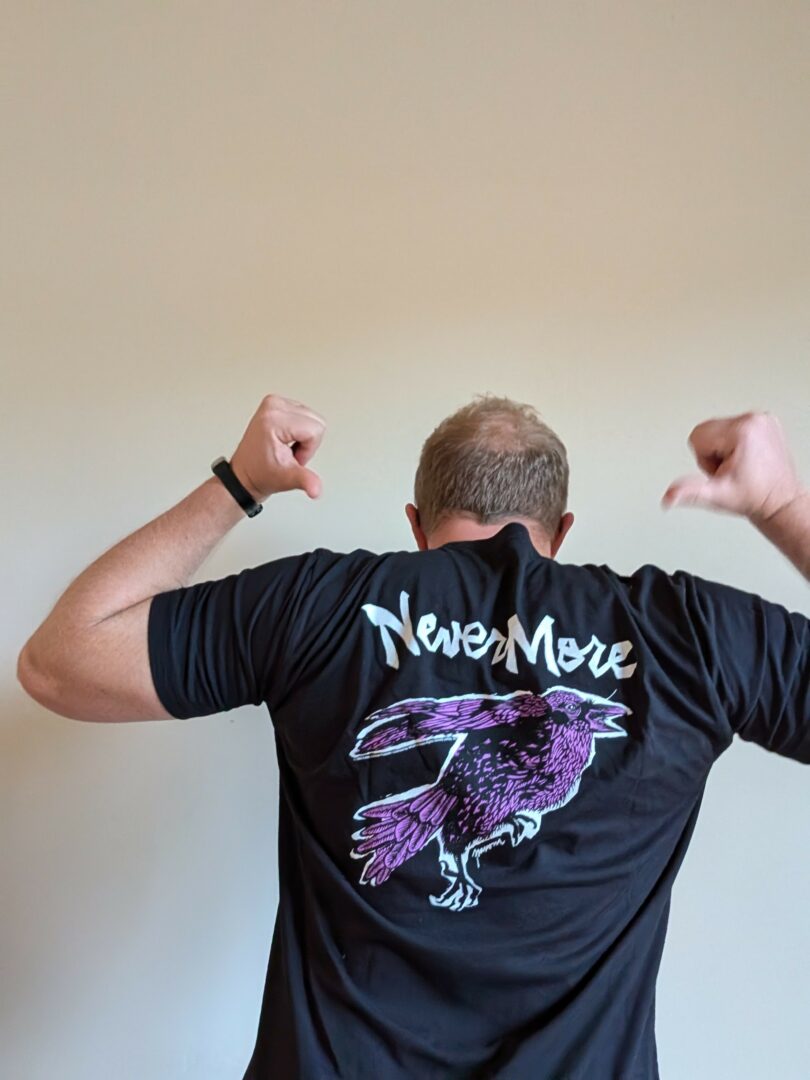
so if you or someone you know deserves recognition please let us know here.

